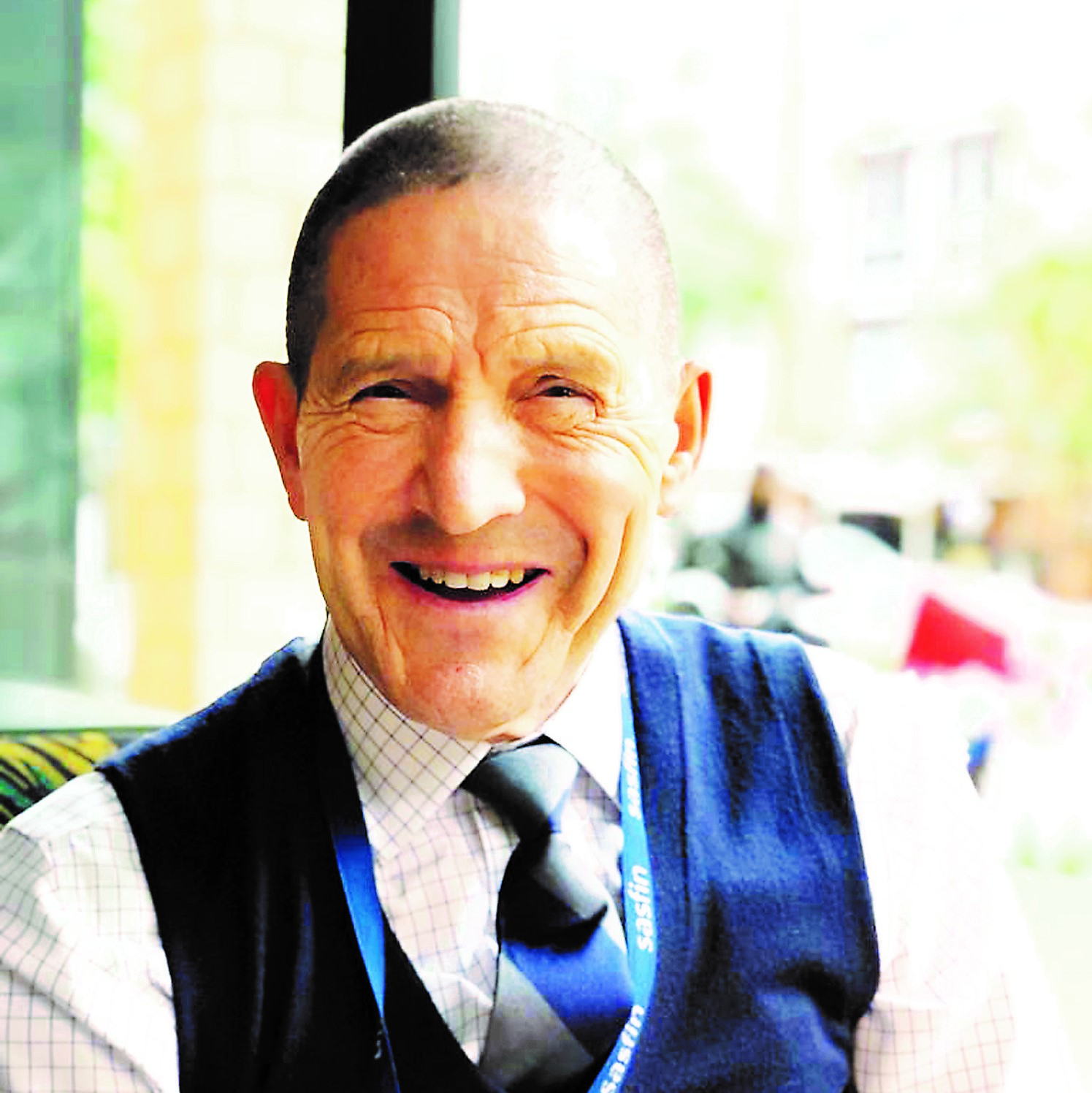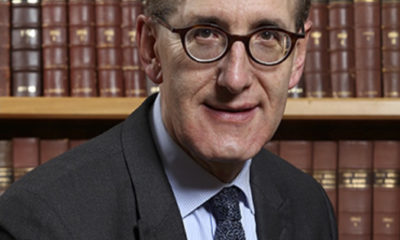
OpEds

After all the bad news, the economic outlook is still positive
Published
2 years agoon
The legendary New York Yankees’ catcher, Yogi Berra, renowned for his paradoxical axioms, was attributed as saying, “It’s like déjà vu all over again.” Just as infections and hospitalisations were falling and we were beginning to delight in the pleasures of our former lives, along comes news of a new COVID-19 variant that has put an abrupt halt to our holiday plans.
At this point very little is known about Omicron – the name given to this new mutation. Apparently, it’s fast spreading, but other than that, we don’t know whether it’s dangerous and if our vaccines are sufficiently effective to fight it off. And as we have witnessed in the past, no one is hanging around to wait for the answers. While countries have slammed shut the doors to travellers from South Africa, in financial markets some investors, fearing a resumption of harsh social and economic measures to contain the spread of this new variant, have abandoned equity and commodity markets, seeking safety in the US dollar and US government bonds.
The past two years have been difficult for us in many respects, from worrying about our physical and mental health to being concerned about our relationships, our jobs, our businesses, and our families. From the outset, medical experts warned that it would take years of effort before the virus was tamed and relegated to nothing more than a commonplace flu. The good news, though, is that while things still seem bad, they’re getting a little less bad each day.
The pandemic caught the world off guard. Healthcare systems were inadequately equipped and organised to handle the load of wide-scale hospitalisations, COVID-19 testing, and vaccine rollouts. It could have proved to be a moment for global cooperation but, instead, each country acted on its own, protecting its borders and looking to develop its own remedies. Developed countries did little to safeguard less developed countries or share vaccines with them. Yet again, the latest outbreak demonstrates that until the whole world is vaccinated, no one is safe.
In response to these failings, vast amounts of money are being invested in global healthcare. Several new vaccines and drugs to treat chronic diseases will be released next year. Innovative genetic therapies – aimed at curing diseases by modifying or removing human genetic information – are finding their way to market, together with pioneering robotic surgical devices and groundbreaking diagnostic tools.
While domestic politics uncaringly controlled how countries chose to fight the pandemic, encouragingly, central bankers and governments took appropriate action to address the negative impact of an economic shutdown, pumping liquidity into the market, slashing interest rates and providing financial support to businesses and individuals. Also, recognising that the recent crisis was a health crisis and not a financial one, the world economy is favourably positioned to work its way back to prosperity. Corporate earnings are above their pre-pandemic levels and individuals, flush with savings hoarded during lockdown, are eager to splurge.
The pandemic has changed our behavioural patterns, and even when we return to normality, the way we go about our lives, jobs, and relationships will never be the same. The pandemic brought forward the future. It accelerated our use of technology, from video conferencing to online shopping. It fast-tracked our adoption of technology to levels that had not been expected for years. In a matter of a few weeks, we were propelled five years forward. Yet more than anything, the pandemic burned our consciousness about the world in which we live, stirring us to build a new order rather than trying to return to or repair yesterday’s ways.
You can sense this in political calls for wealth redistribution and environmental action, and in society’s push to embrace gender and race equality at home, in schools, and in the workplace. Governments, eager to achieve net-zero carbon transition, are fast introducing legislation to penalise consumers and businesses that breach accepted pollution and emission standards. The path to clean air has become one of the most significant investment trends at present, opening appealing opportunities in renewable energy and carbon reduction solutions.
The drive to fight climate change has engulfed the motor industry that’s now riding a wave of exciting electric car strategies. Mainstream manufacturers cannot abandon petrol and diesel production altogether, but almost all are targeting all-electric output by 2030.
Electrification is not only the dominion of the motor firms but a big theme for the producers of semi-conductors and batteries too. It’s estimated that between $2 500 (R40 354) and $3 000 (R48 425) worth of computer chips will be embedded in each new-generation motor vehicle, while the challenge facing the battery industry is to reduce the size and weight of batteries and, at the same time, double its output and power. The need to secure metals essential for the manufacturing of batteries is a further demand. Apparently, a passenger vehicle battery requires 20kg of nickel, 20kg of cobalt, and 60kg of lithium compounds.
Besides possibilities arising out of the need to control our environment, the transition to automate business processes, boost efficiencies, and improve the quality of strategic decision-making will continue to spur investment spend. Disruptive technologies such as artificial intelligence, the use of big data, cyber security, and the rollout of 5G will remain dominant themes for at least the next decade. The downside to these enabling technologies is that with the number of connected devices growing rapidly, the hazard of online attacks has increased significantly.
Despite the odd setback, conditions in the world economy are improving. The success of the vaccine rollout backed by huge stimulus has enabled economies to open up. People are returning to work, socialising, spending, and getting their lives back. The erratic nature of the recovery has caused imbalances that will need to work their way through the system. These imbalances have manifested themselves in higher prices, especially in energy and labour, and until these are ironed out, interest rates will remain lower for longer. The economy that emerges from the pandemic will not be like the one we left behind, but that opens the way for attractive investment opportunities. The outlook for 2022 and beyond is encouraging.
- David Shapiro is a veteran stockbroker, market commentator, and deputy chairman at Sasfin Securities.










